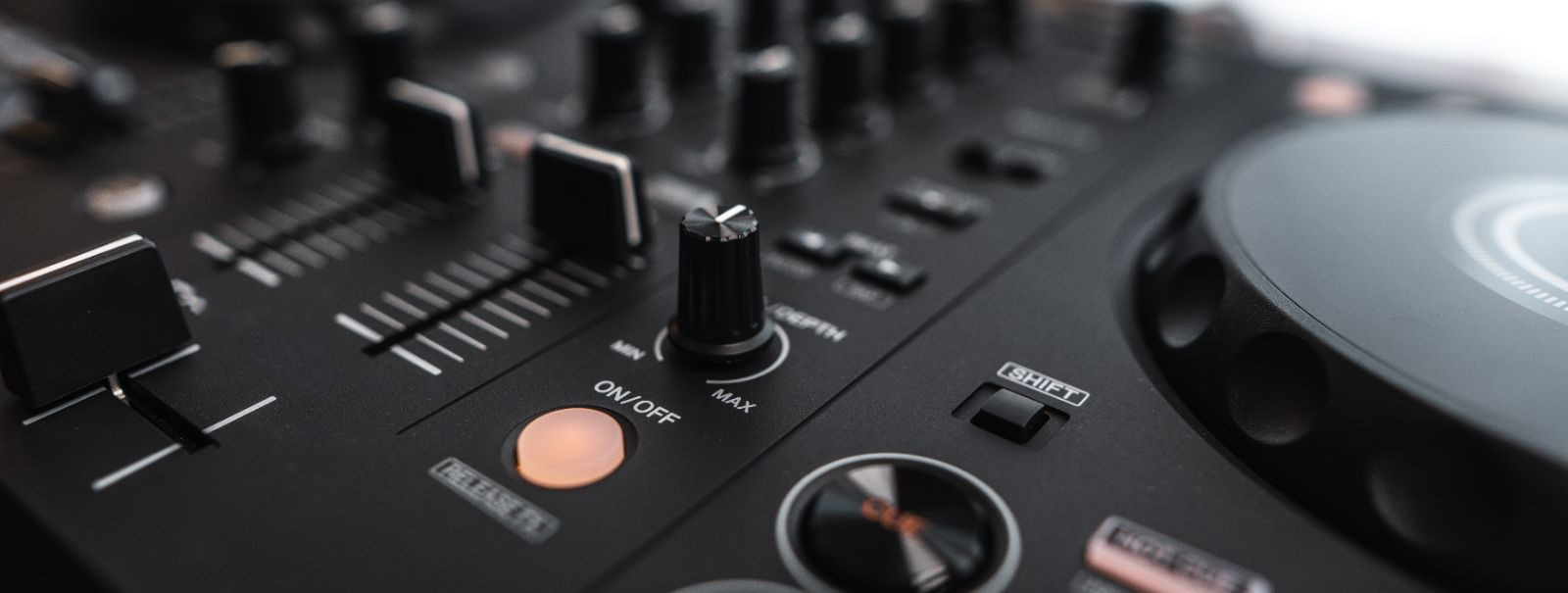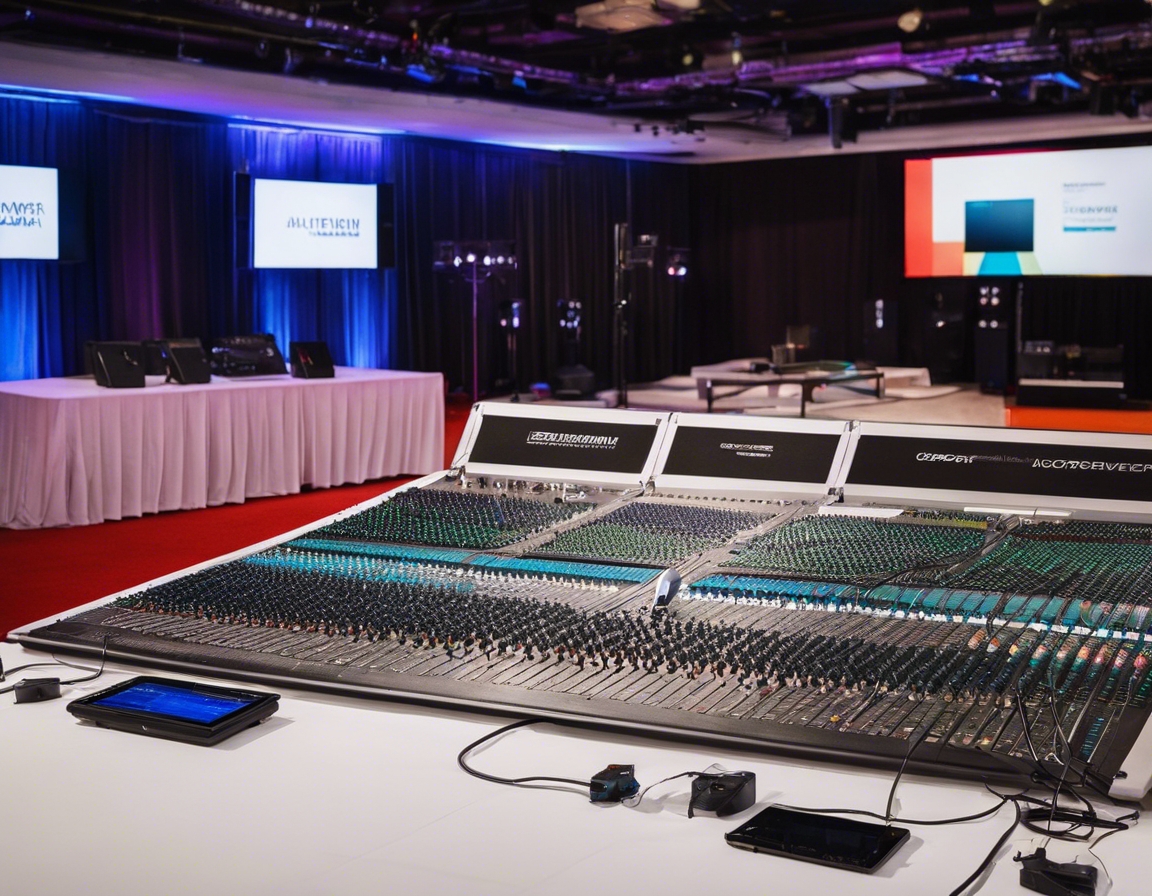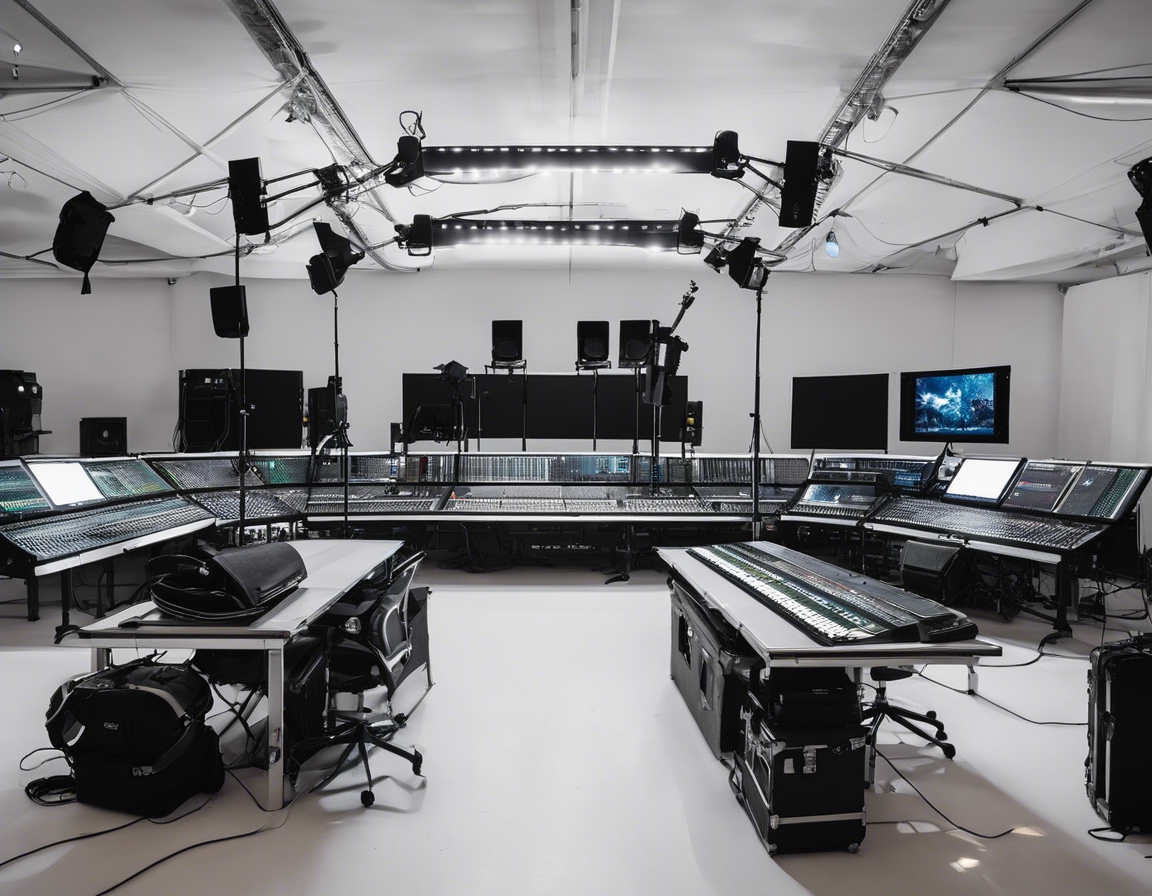The ultimate guide to choosing sound equipment for your concert
Choosing the right sound equipment for your concert is a critical decision that can make or break the success of your event. Sound quality not only affects the audience's enjoyment but also the performance of the artists. This guide will walk you through the essential considerations to ensure you select the best sound equipment for your needs.
Understanding the Venue Acoustics
The physical dimensions and shape of your venue play a significant role in sound propagation. It's important to choose equipment that can deliver clear sound throughout the entire space without creating dead zones or excessive reverb.
Outdoor venues often require more powerful sound systems to compensate for the lack of reflective surfaces, while indoor venues may need more nuanced sound control to prevent echoes and feedback.
If the venue has not been acoustically treated, portable acoustic panels and diffusers might be necessary to manage sound reflections and ensure optimal audio quality.
Types of Sound Equipment
Microphones are the first point of contact for sound capture. From dynamic to condenser mics, selecting the right type is crucial for the clarity of vocals and instruments.
Speakers are the voice of your concert. The choice between point source, line arrays, and subwoofers will depend on the venue size and the desired sound coverage.
Mixers allow for the balancing and integration of different audio sources. Digital or analog, the complexity of your event will dictate the type of mixer required.
Amplifiers boost the signal from the mixer to the speakers. Ensuring you have the right power rating is key to delivering distortion-free sound.
Signal processors, such as equalizers and effects units, are essential for fine-tuning the sound and adding depth to the performance.
Matching Equipment to Event Size
For intimate settings, a simple PA system might suffice, focusing on clarity over power.
Medium-sized venues benefit from more robust systems with the ability to handle a wider dynamic range.
In large venues, line arrays and multiple subwoofers ensure sound reaches even the farthest seats with consistency.
Considering the Audience
Understanding your audience's expectations can guide you in tailoring the sound system to their preferences.
The genre of music being performed influences the sound equipment selection, with different styles requiring specific sonic characteristics.
Reliability and Quality of Equipment
Investing in reputable brands can lead to better performance and fewer technical issues during the event.
Seeking out reviews and recommendations can help you gauge the reliability of the equipment you're considering.
Technical Expertise and Support
Having experienced technicians on-site can be invaluable for troubleshooting and ensuring the sound system operates at its best.
Conducting thorough sound checks and equipment tests before the event can prevent unexpected issues during the performance.
Logistics and Setup
Consider the logistics of transporting the sound equipment to and from the venue, especially for larger systems.
Efficient setup and breakdown are crucial for event timelines, and having a team familiar with the equipment can streamline this process.
Budget Considerations
Deciding whether to rent or purchase sound equipment will largely depend on the frequency of your events and your budget.
Be aware of potential hidden costs, such as transportation, technical staff, and insurance, when budgeting for your sound equipment.






Comments (0)